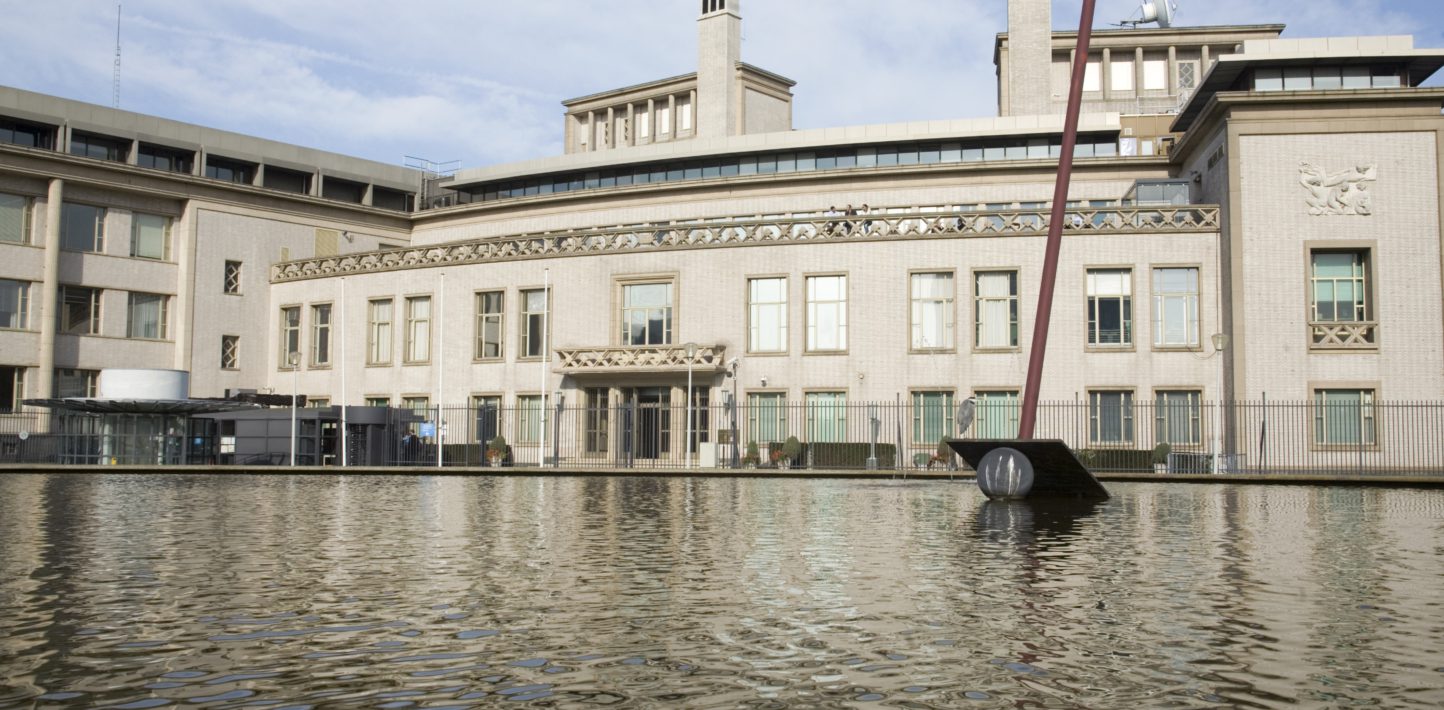Responding to the decision by the Appeals Chamber of the UN’s International Residual Mechanism for Criminal Tribunals to confirm the guilty verdicts for former Serbian state security officials Jovica Stanišić and Franko Simatović, and raise their prison sentences from 12 to 15 years each, Amnesty International’s Europe Researcher, Jelena Sesar said:
“Today’s decision is a historic moment that brings an end to the longest-running trial in the history of war crimes trials. It leaves no doubt about the involvement of Serbia’s police and security services in the wartime atrocities in Bosnia and Herzegovina, which is something that Serbia’s authorities continue to deny to this day.
“The verdict confirmed the original ruling that senior Serbian officials were guilty of crimes under international law and found that they contributed to the joint criminal enterprise, which had an aim of forcibly and permanently removing non-Serbs from large areas of Bosnia and Herzegovina.
“While this verdict may bring a degree of reparation for the victims, it is important to remember that thousands of cases of war crimes in Bosnia and Herzegovina remain unresolved and many of those suspected of criminal responsibility for atrocities continue to walk free. Instead of glorifying convicted war criminals, leaders in the region must work harder to bring all those responsible for war crimes to justice and provide victims with justice, truth and reparation.”
Background
Jovica Stanišić and Franko Simatović appealed the 2021 court ruling that found them guilty of aiding and abetting the commission of murder, war crimes and crimes against humanity in the Bosnian town of Bosanski Šamac. The court, at the time, acquitted them of responsibility for the atrocities committed in five other municipalities in Bosnia and Herzegovina and in Croatia.
The verdict issued today, however, found Stanišić and Simatović guilty for the crimes committed in Bijeljina, Zvornik, Doboj, Trnovo, Bosanski Šamac and Sanski Most.
The court confirmed that Serbian state security paid paramilitary units operating in Bosnia and Herzegovina throughout the war and that Stanišić and Simatović were responsible for these payments, as well as other operational support and training.
Today’s ruling is final and binding. It concludes the work of UN’s International Tribunal and its successor, International Residual Mechanism for Criminal Tribunals, on Bosnia and Herzegovina.

© Court in The Hague

